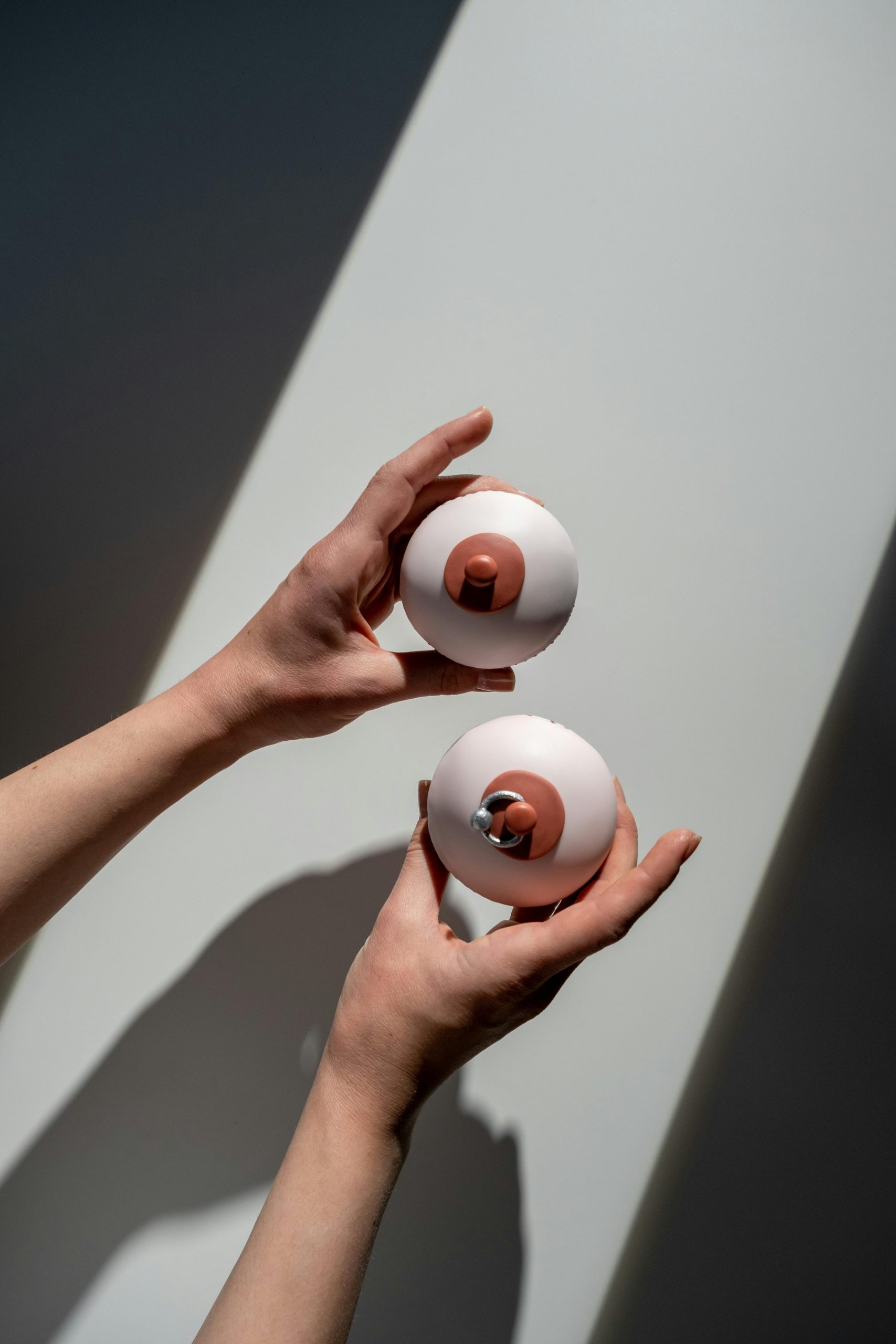Exploring the Intersection of Community Support and Controversial Therapies in Cancer Charities: A Case Study from Bloomsbury
In recent months, an intriguing development has garnered attention within the Bloomsbury community: a local organization that combines artistic enterprise with cancer support initiatives. This case highlights the complexities and responsibilities inherent in contemporary health-related charities, especially those operating at the intersection of traditional care and alternative therapies.
Background and Community Engagement
Located in Bloomsbury, a shop named Hello Love functions not only as a retail space but also as a platform for artistic expression and community empowerment. The establishment emphasizes ethical initiatives, sharing profits equally with contributing artists and dedicating a portion to a registered charity called Hello Beautiful. The venue offers free workshops tailored for individuals affected by breast cancer, focusing on practical support such as headscarf styling, yoga, and nutritional guidance.
Emerging Controversies and Concerns
While these efforts are commendable, further examination of the charity’s online presence reveals additional activities that raise questions. Notably, the organization’s website references topics like ‘non-toxic living,’ which, while generally aligned with health-conscious lifestyles, can be exploited to promote unverified interventions.
One area of concern involves links to clinics in Germany offering treatments like hyperthermia, electro cancer therapy (ECT), and photodynamic therapy (PDT). These modalities are presented as immune-boosting alternatives, suggesting they may be used as adjuncts or substitutes for conventional cancer treatments. However, their efficacy and safety are subjects of ongoing scientific debate, and the promotion of such therapies without transparent evidence raises ethical questions, particularly given the vulnerability of recently diagnosed patients.
Additionally, the site discusses thermography—an imaging technique that detects heat patterns to screen for breast cancer. While some advocates claim it to be a non-toxic alternative to mammography, medical consensus generally considers thermography insufficiently reliable for screening purposes due to its high false-positive and false-negative rates. The promotion of specific practitioners and clinics offering such services further complicates the picture, especially when evidence supporting their claims remains limited.
The proliferation of alternative therapies such as Sono-Photo Dynamic Therapy (SPDT), which purports to utilize non-toxic sensitizers activated by sound and light, exemplifies the proliferation of treatments lacking robust scientific validation. The credibility of these approaches is questionable, and reliance on them may delay or prevent patients from seeking evidence-based care.
Balancing Community Support and Medical Integrity
This situation illuminates a broader dilemma faced by community-oriented charities, particularly


Insightful Reflection on Community-Led Cancer Support Initiatives in Bloomsbury
As a London resident familiar with Bloomsbury’s vibrant community, I find this discussion particularly thought-provoking. While the integration of art and community empowerment in health initiatives can offer valuable psychosocial benefits, it’s crucial to maintain a clear distinction between support and unverified medical claims.
Community spaces like Hello Love can serve as vital hubs for emotional wellbeing, providing workshops and a sense of solidarity for those affected by cancer. However, when such organizations venture into promoting alternative therapies—especially those lacking rigorous scientific backing—there’s a risk of inadvertently misleading vulnerable patients.
Some points worth considering include:
In the bustling context of London’s diverse healthcare landscape, fostering community support while upholding medical integrity is key. It’s heartening to see innovative approaches in community spaces, but safeguarding patient wellbeing should always remain the priority.
Thanks for bringing this nuanced issue into focus—it’s a reminder of the responsibility that comes with community-driven
Important Considerations for Community-Based Cancer Support Initiatives in London
As a London resident, I appreciate efforts that combine community engagement with support for those affected by cancer. However, it’s crucial that such charities maintain a strong commitment to evidence-based practices, especially given the vulnerabilities of patients navigating diagnoses and treatments.
While innovative and artistic approaches like those at Hello Love can foster a sense of community and empowerment, it’s essential that the promotion of therapies aligns with scientific consensus. Alternative treatments such as hyperthermia or thermography should be presented transparently, clearly communicating current research status and limitations to avoid any potential misguidance among patients.
Public awareness campaigns could benefit from collaboratively working with NHS professionals and reputable medical institutions to ensure that support provided does not unintentionally promote unverified interventions. Ultimately, charitable initiatives in London that focus on holistic well-being should prioritize patient safety, informed decision-making, and ethical standards, balancing creative expression with medical integrity.
Ensuring community support remains compassionate and responsible is key, especially when navigating the complex landscape of cancer therapies and support services.